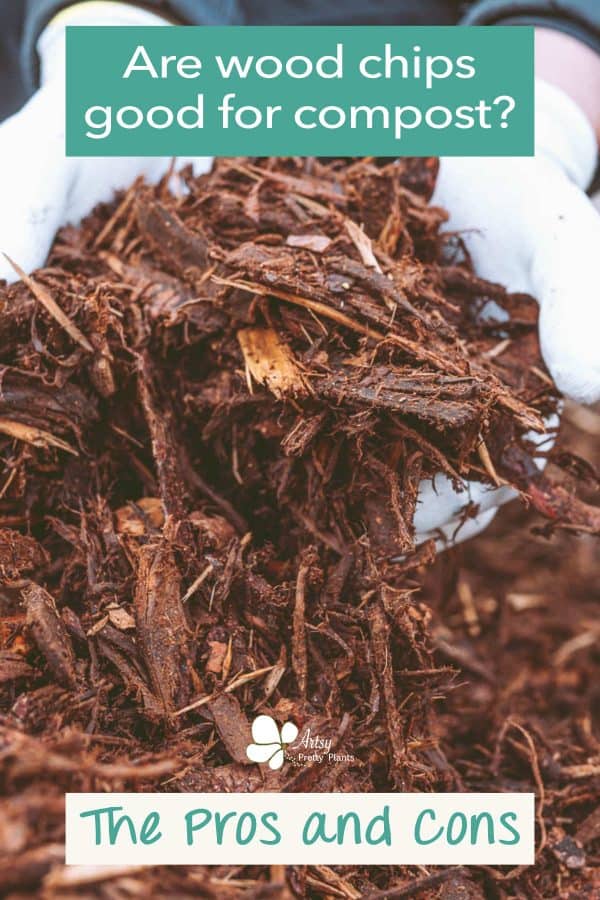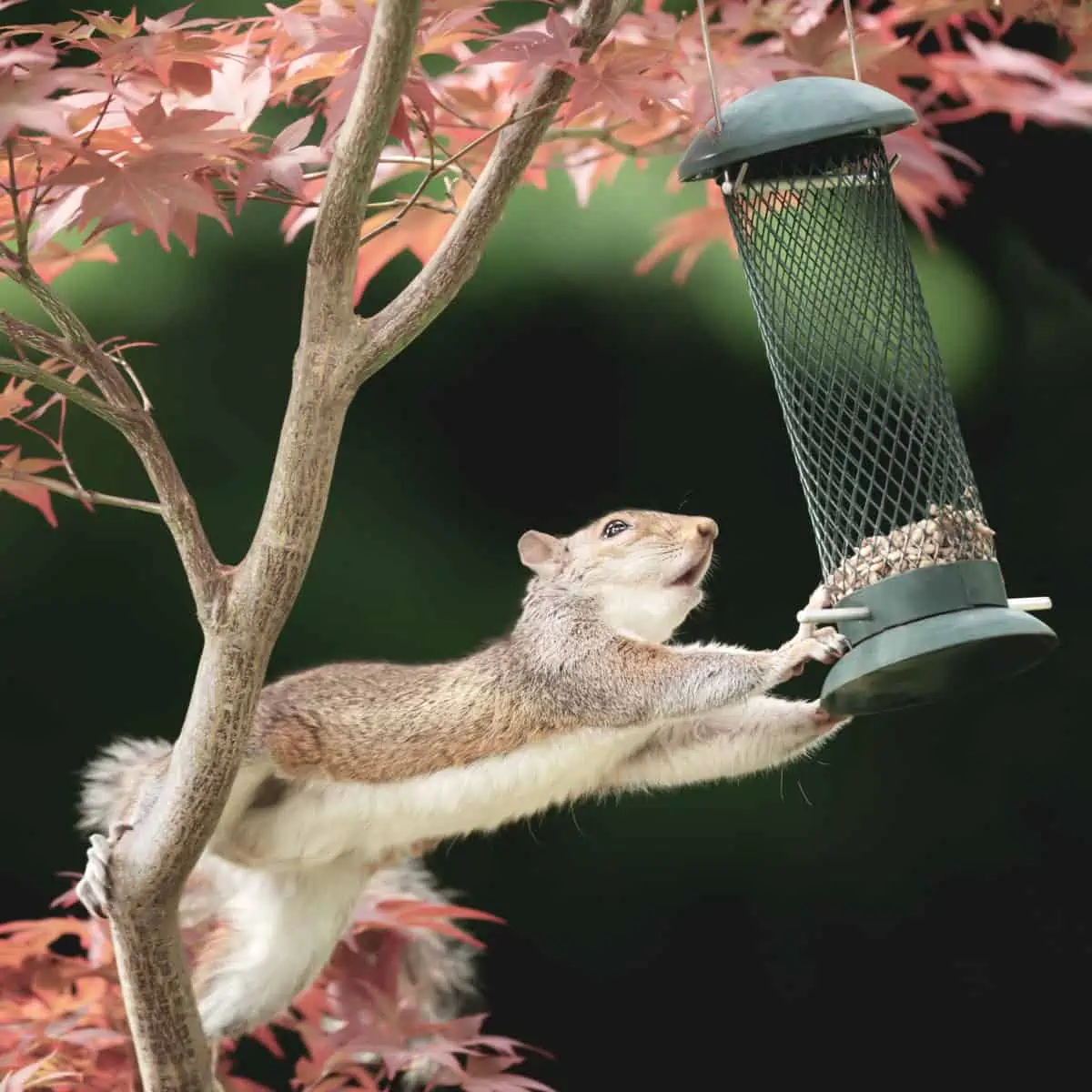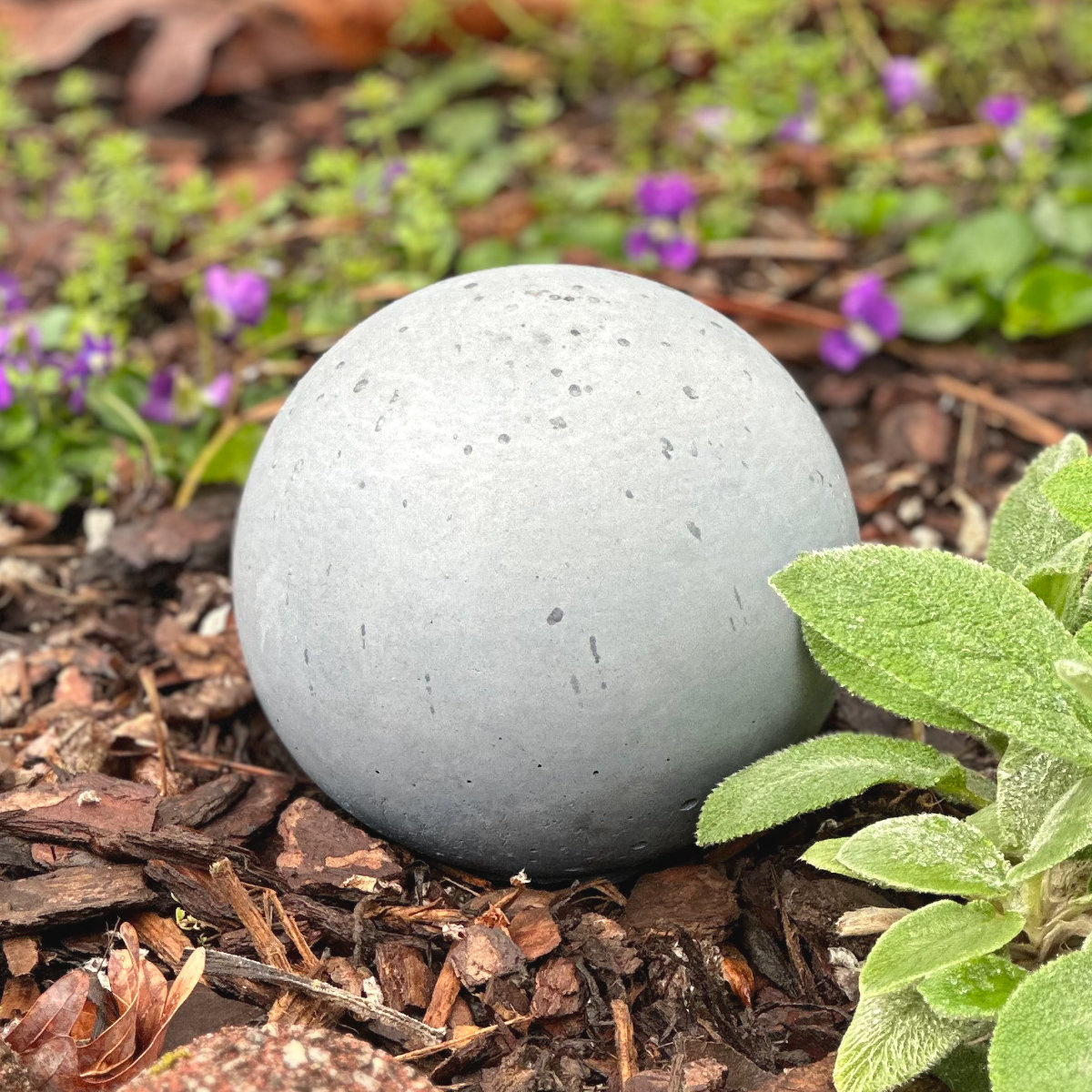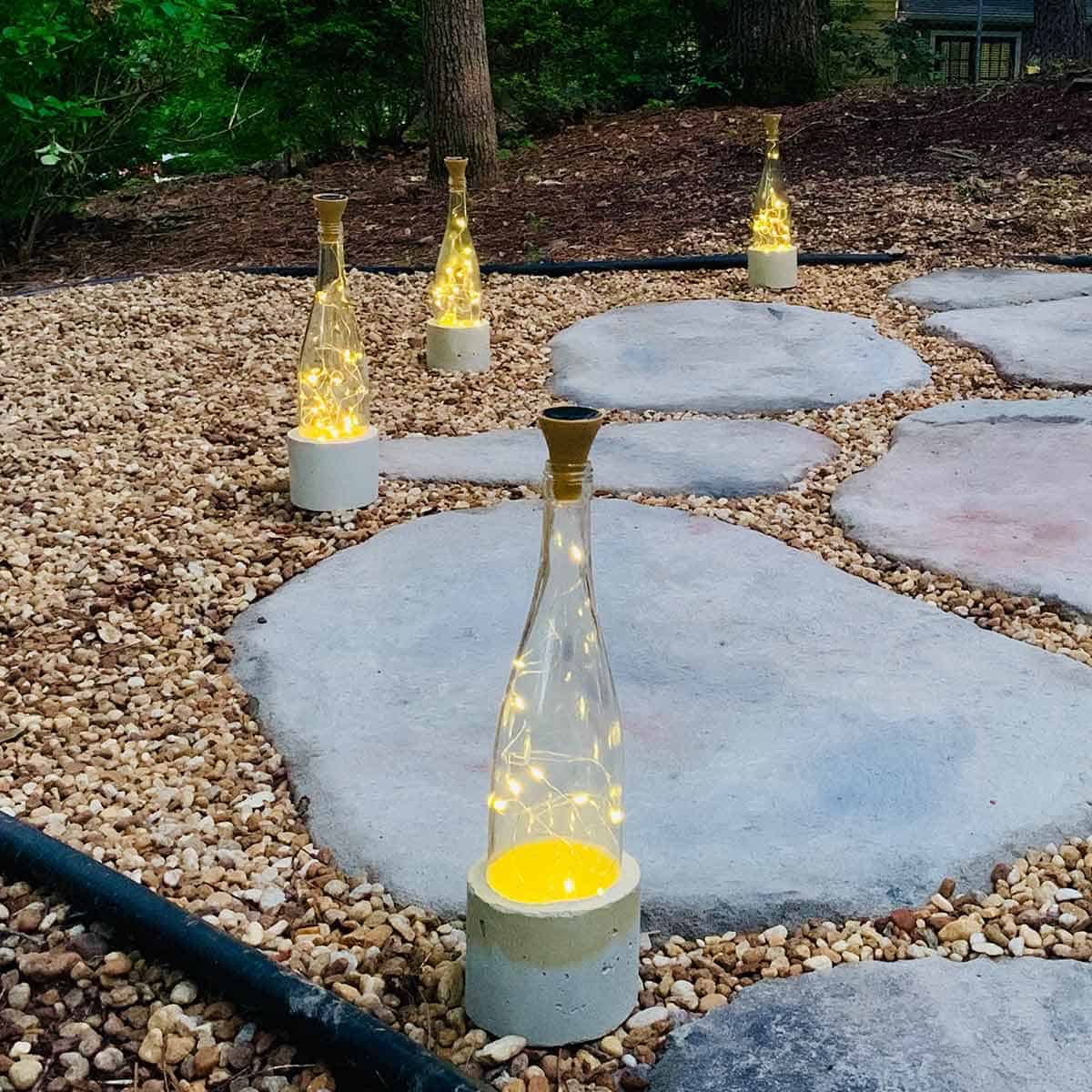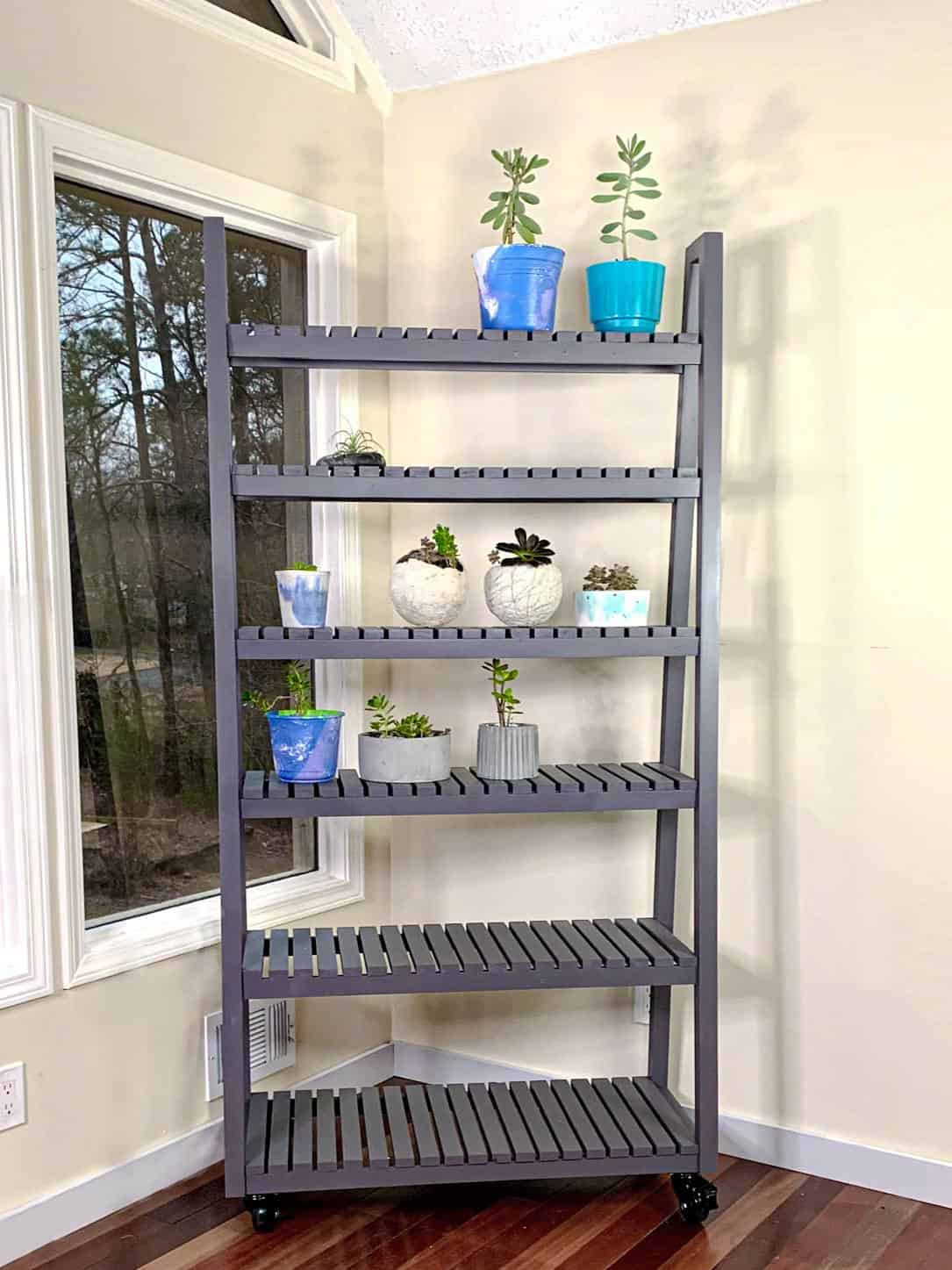Are Wood Chips Good For Compost (The Benefits)
In this article, we’ll explain why wood chips are good for compost and what you need to know to ensure you get the full benefits.
Adding wood chips to your backyard compost heap is very beneficial for it. But there are a few things to keep in mind when using this particular material.
There may be a particular reason why you’ve found yourself with a lot of wood chips – getting a tree trimmed, a tree stump out of the ground, or you’ve had a lot of limbs come down from a storm.

I know for us, we have a lot of wooded areas and a lot of deadfall as a result. So we have piles of branches kept in various dedicated areas because we like to leave some for shelter for wildlife.
But we have too many of them, so we need another solution, which is what got me thinking about the use of wood chips in compost. –The good news is you can put them to good use!
And if you don’t have them on hand but want them, many tree removal and trimming services will deliver wood chips for free. That way, they don’t have to find somewhere to dispose of them.
Or even if you’re making some home improvements. It’s a good idea to hang on to excess sawdust and wood shavings, then you can use those in your compost as well.
You can definitely put wood chips in your compost pile, but composting them isn’t as straightforward as other organic matter.
The most important thing to realize is wood chips can take a long time to break down and turn into compost. But you can speed up that process!
Don’t forget to Pin it for later!
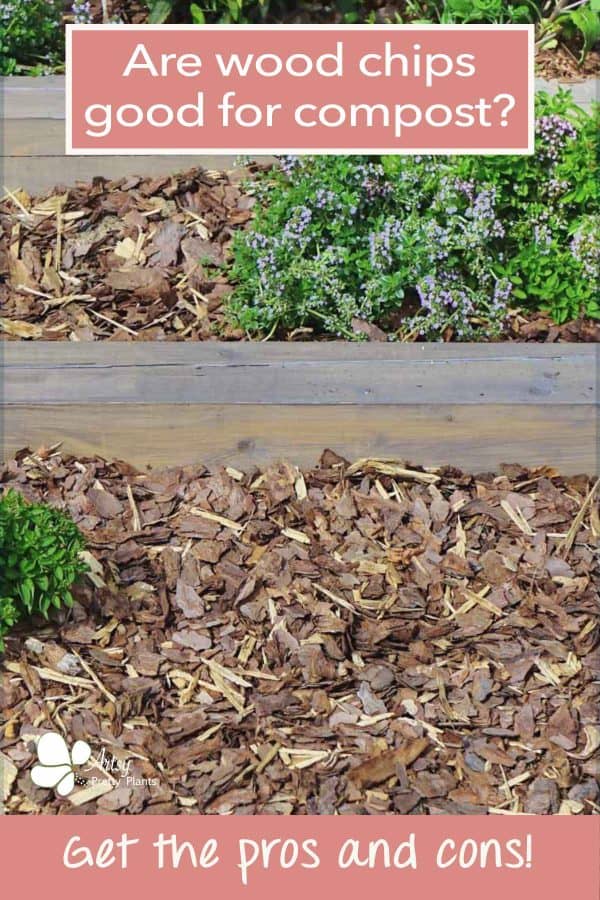
Are Wood Chips Good for Compost?
Wood chips offer a valuable nutrient source for compost and are an excellent carbon source.
Some people don’t love using wood chips as a composting material for a few reasons.
However, you may need to consider changing your composting process to get the most out of the wood chips and to get them to break down faster.
Composting requires adding “brown” (carbon-rich materials) and “green” (nitrogen-rich materials) to balance everything out.
The ratio is essential; depending on your situation, finding enough of each type of ingredient for the perfect compost may be an issue.
Wood chips can also be used as wood mulch to prevent weeds. They can also help the soil retain moisture and prevent soil erosion when used as mulch. This article will explain more about how to compost weeds.
Adding Wood Chips to Compost Pros

Here are some of the advantages of using wood chips in your compost pile:
- They enhance the fungal component. Fungi prefer to reproduce on woody material. Wood chips naturally encourage fungi growth, speeding up the composting process and adding microorganism biodiversity to your compost pile.
- Better airflow. Wood chunks provide structure to the compost, creating more air pockets and airflow, promoting an aerobic composting environment. An aerobic environment leads to beneficial bacteria.
- Weed control. Some types of wood contain natural qualities that can help with weed control.
- Recycle material. Instead of going to the landfills, you will use all those wood chips now, and that’s definitely a pro!
the Cons of Adding Wood Chips to Compost
Some of the cons associated with using wood chips in your compost include the following:
- Slow to break down. The decomposition process for wood chips can take a long time. The wood material can take six months or more to break down completely, depending on how big the pieces are.
- It can attract termites. If you already have a termite problem, adding wood chips can make your compost pile seem like an excellent spot for them to gravitate towards.
What Types of Wood Chips Are Best for Composting?
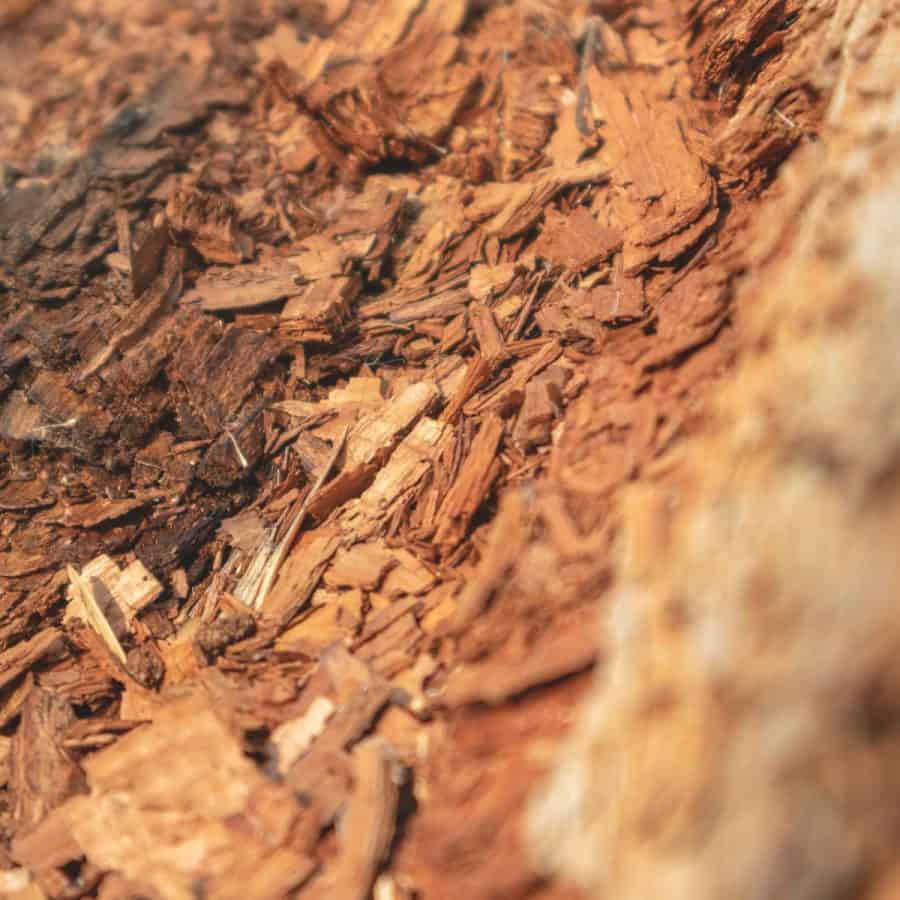
Not all woods are equal when it comes to composting. Some have rot-resisting properties, and some deter certain insects that actually help the decomposition process, and so on.
In general, softwood is the best type of wood since it breaks down faster in the process.
Hardwood trees take longer to decompose. Cypress, mahogany, oak, redwood, and cedar wood are particularly slow to break down in a compost pile.
Cedar is naturally rot-resistant, so it will be very slow to break down.
What Wood Should Not Be Composted?
There is some dispute about this subject, but to be safe, you should also avoid using wood chips from specific trees that release a certain type of chemical.
These include magnolia, eucalyptus, tree of Heaven and black walnut trees. The chemicals leach into the bare soil and potentially kill adjacent plants.
Additionally, treated wood, though low, still contains chemicals and should be avoided. This includes painted wood, stained, varnished, and pressure-treated wood.
Tips for Adding Wood Chips to Compost
As long as you make some adjustments and use the right composting techniques, using wood chips shouldn’t be a problem.
Most of these techniques are easy to implement.
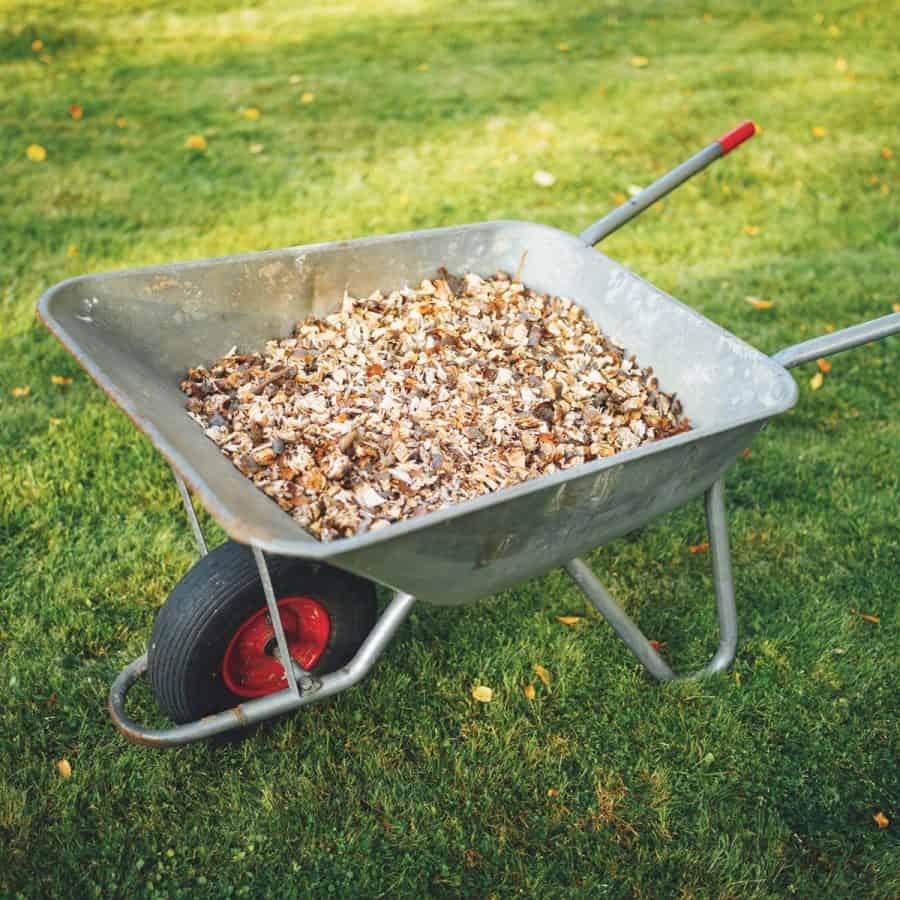
Here are some tips for using wood chip compost.
- Use smaller wood chips. Larger wood chips will take longer to break down. The ideal size for your wood chips shouldn’t be larger than 1 to 2 inches long. You may need to consider purchasing or renting a wood chipper to get small pieces of wood.
- Let the chips rot first. You can increase the decomposition rate by allowing the wood chips to pre-rot. A bonus is that fungi are attracted to decaying wood debris. Fresh wood chips will definitely take longer to decompose.
- Increase your green materials. Typically, the ratio of greens to browns is 1:2. When composting wood chips, increase the ratio to 1:1. You’ll want an equal amount of greens and browns in your compost pile.
This increases the nitrogen content to speed up the breakdown of the wood chips. Once the compost matures, you can return to the standard 1:2 ratio.
Some good nitrogen sources include grass clippings, coffee grounds, food scraps, and green leaves.
Here’s where you can read more about the different types of compost.
- Keep things moist. Wetting the compost regularly will prevent the wood chips from drying out.
- Filter for the future. Once your compost pile is ready to use, filter out the partially decomposed chips. Then, add these to your next compost pile, which helps introduce essential microorganisms and “activate” the compost.
- Hot compost. Hot composting is the quickest way to up the process and provide you with nice organic mulch in just a few months.
How to Compost Wood Chips
Step 1: Pre-soak wood chips in a bucket.
Step 2: Add the damp wood chips to your compost pile in the proper carbon-to-nitrogen ratio.
Step 3: Turn the compost every four or five days, increasing as the wood chips break down.
Step 4: Keep an eye on moisture content levels. Mist the compost regularly with water if you see the inner material drying.
Step 5: Sift out larger pieces that aren’t fully broken down and add them to your next batch of compost.
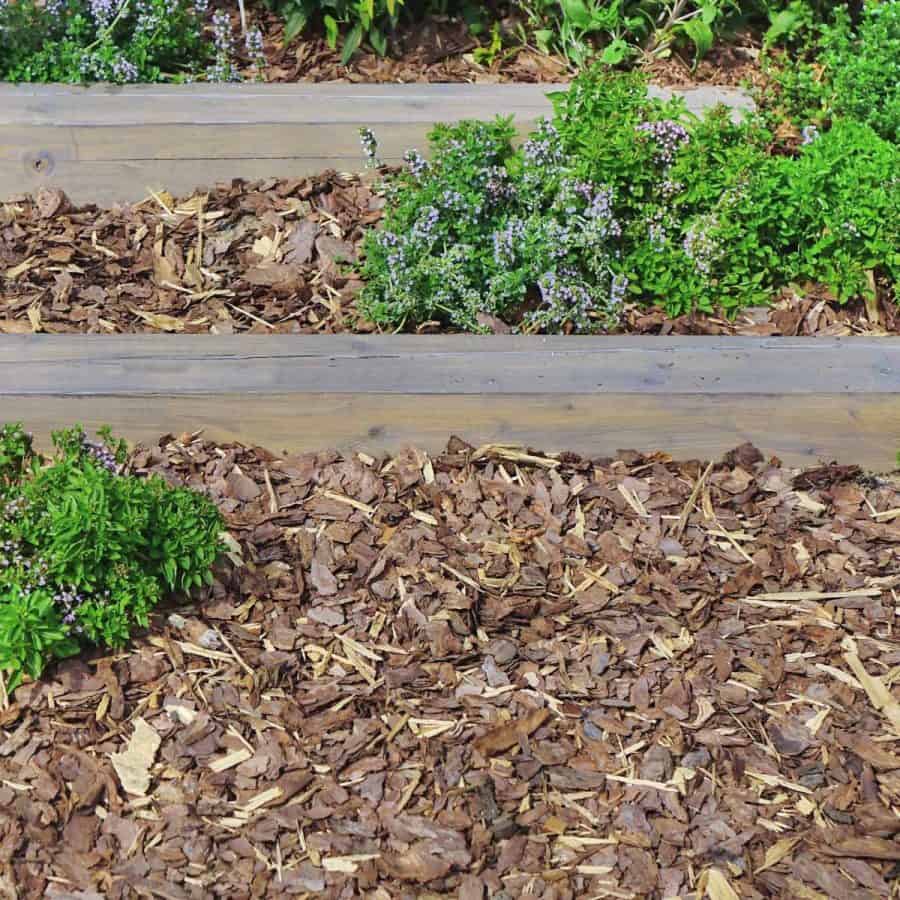
What To Do With Wood Chip Compost
Compost made from wood will be high in fungi. All plants like fungi, and some plants really love it. This is a positive!
Berry bushes, fruit trees, and other deciduous trees prefer fungal-dominated soils. So these would be a great place to start using your compost.
You can also add compost to your vegetable garden bed – your vegetables will love it!
You can also use wood chips directly for mulching in perennial beds or between raised beds to help with weed control and moisture retention.
Wood Chip Compost FAQs
Do Wood Chips Affect Soil pH?
Wood chips have a lower pH, making them more acidic. But no evidence proves this affects the soil’s pH when used as mulch.
It’s fairly difficult to alter soil pH without using chemicals.
What Is the Difference Between Wood Chips and Mulch?
Wood chips are shredded, chipped, or ground-up pieces of wood, including bark, branches, and leaves.
You can use wood chips outside of the pile as well. Wood mulch refers to the way wood chips are used. It’s called wood mulch when they’re spread directly on the soil surface.
Think of mulch as a top dressing or soil covering and compost as something added to the soil.
Compost is always fully decomposed, while mulch may be composted or green (not composted).
Mulch goes on top of the soil, and compost goes into it. Both can benefit the soil in different ways and at different rates.
Other Ways to Use Wood Chips
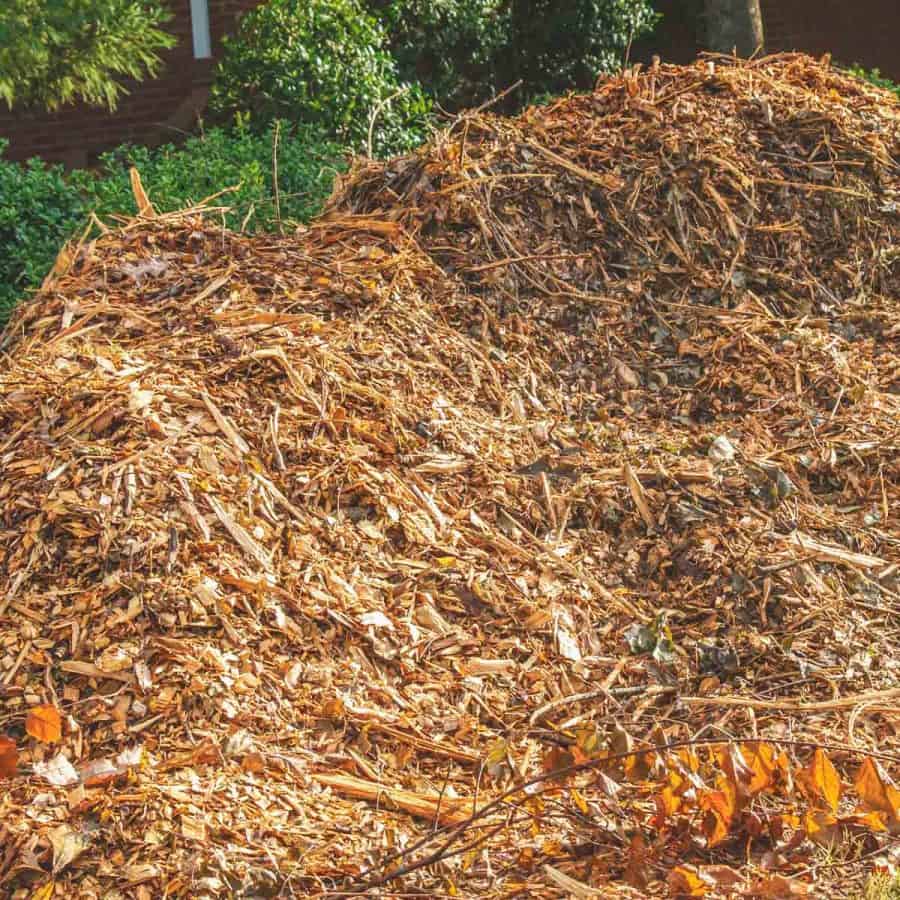
- Keep your vegetable garden spring ready. Layer wood chips over newspaper or cardboard to prepare your garden soil for spring planting.
- Hold an unused area. If you have an area in your garden that you aren’t using right now, a thick layer of wood chip mulch will keep weed growth down and the soil moist.
Composting wood chips can be a great way to dispose of yard waste and can be very beneficial to your compost and, therefore, your gardening.
It may just take some small tweaks to your current composting method, but nothing too crazy or intense.
Composting wood chips is not complex. It just takes a little know-how beforehand.
And here’s where you can learn how to compost weeds and how to compost cardboard.
Are you still debating whether or not to compost? We’ve got the rundown on the composting pros and cons for you.
Don’t forget to Pin it for later!
